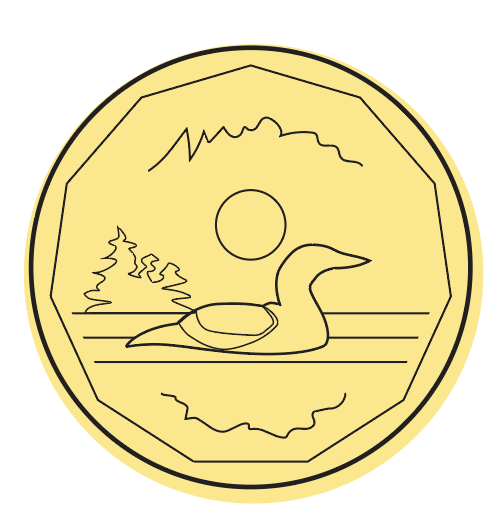Ingenium Animation:
The Innovation of the Russell Motor Car
2D animation (social media)
-
Create a 20 second 2D animation based off of a provided script from Ingenium.
Employ playful visual metaphors to highlight the innovation of the Russell motor car - an all-Canadian automobile from the early 1900s.
-
Instructor: Prof. Marc Dryer (BMC)
Content Advisors: Lauren DiVito (Ingenium - Canada Science and Technology Museum)
-
Lay museum audience
-
Animation: Adobe After Effects
Narration: Adobe Audition
Asset Creation: Adobe Illustrator
Storyboarding: Procreate
-
Social media (Instagram Reels)
To see my process for this piece, please view this website on a desktop!
STAGE 1:
Ideation & Style Frame
Style moodboard
For this animation, I wanted to experiment with a loose flat colour, doodle art style. I felt that this kind of style would appear friendly, simple, and playful to my target audience: lay museum goers.
I compiled examples of this art style using Behance, and created a moodboard that served as my visual inspiration for creating assets later on. Specifically, I decided to choose pieces that used a limited colour palette and rough line art for the background/supporting imagery.
Style Frame
Using the moodboard as a guide, I created a style frame - essentially creating concept art that visualizes the chosen art style to my subject: the Russell motor car.
The style frame intentionally left the bottom 1/3 of the screen blank to allow space for closed captioning.
Style frame, with bottom 1/3 left blank for closed captioning.
Revisions & Refinements
With my supervisor and content advisor, we made revisions and refinements to the visual script, and developed a storyboard. These aimed to mainly resolve timing/pacing issues and reduce the complexity of the proposed animation.
The largest revision involved the development of a new featured visual metaphor for the phrase “built up to a standard, not down to a price” that was more accessible to a lay audience.
The visual metaphor, which is featured in the storyboard, involves a tape measure (standard) that would “snap” close and turn into a loonie (price) - a recognizable, and uniquely Canadian currency.
STAGE 2:
Visual Script & Storyboards
STAGE 3:
Asset Creation
Background
I created one long, continuous scene in Illustrator. This was to give the illusion of the car driving “forwards” in Adobe After Effects, by panning from left to right.
Foreground Elements
I also used Illustrator to create the Russell motor car, loonie, snowflake, and tape measure body in a flat-line art style.
In After Effects, the lines were made rougher using the Roughen Edges function.
STAGE 4:
Production
Sound design and keyframe animation
I used Adobe Audition to record scratch narration according to the provided script from Ingenium. Then, I imported this narration into Adobe After Effects to use as a guide for animating assets according to the storyboard.
Music and sound effects were sourced off of Adobe Stock and freesound.com. I chose an older, 1920s-style piano track to align with the time period of the car’s manufacturing. I also decided to keep sound effects realistic with the car start-up sound, yet slightly comical for the wind gust to maintain the playfulness of the overall animation.







